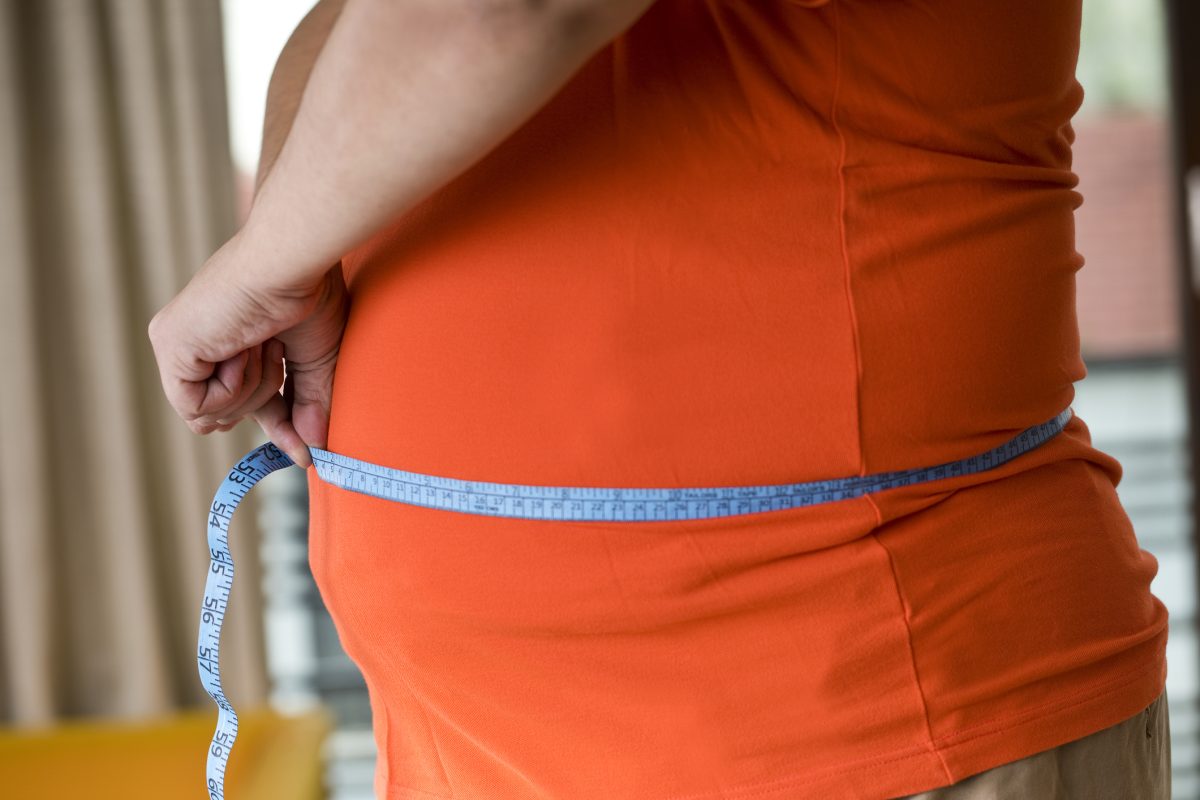Do you spend several hours a week at the gym, running the treadmill and lifting weights to reach a weight goal?
Or maybe you work out at home, streaming fitness videos and hitting the pavement to get your steps in after lunch and supper.
Maybe you’ve been at it for a while but not seeing the results you were hoping for in the mirror — and you’ve started to question if it’s even worth it.
Well, I’ve got good news for you.
According to research from the University of Michigan that delved into the differences in belly fat between exercisers and non-exercisers, even if visible results have been hard to come by, staying active truly is doing your body good.
Here’s how…
Fat storage and your health
The Michigan researchers specifically set out to determine what, if any effects, years of regular exercise have on fat tissue. To do so, they compared two groups of obese participants, half of whom had exercised at least four times a week for at least two years and the other half who would be considered a group of couch potatoes.
Each participant had a sample of belly fat taken from just beneath their skin to be analyzed.
And sure enough…
Exercise really is worth it — even if the scale doesn’t show it!
The researchers found that exercise actually alters fat tissue in distinct structural and biological ways by:
- Increasing the number of blood vessels, mitochondria and beneficial proteins
- Reducing a type of collagen that can interfere with metabolism
- And resulting in fewer cells that cause inflammation
Altogether, the scientists say this “healthier” fat can be stored more effectively in the subcutaneous tissue.
Now, hold on a minute. Fat can be stored more effectively? But I don’t want more fat!
If you just had the same thoughts I initially did when reading this research, don’t worry…
Increasing the capacity to store fat doesn’t mean gaining fat, which requires that you overeat.
“What it means is that if or when people experience weight gain, this excess fat will be stored more ‘healthfully’ in this area under the skin, rather than in the fat tissue around their organs (visceral fat) or an accumulation of fat in organs themselves, like the liver or heart,” explains the researchers.
Avoid visceral fat to avoid chronic disease
In other words, exercising — even if it doesn’t help you lose weight — still keeps you from building the type of dangerous deep belly fat that can lead to serious health problems.
One of the most common of these is nonalcoholic fatty liver disease, which occurs when excess fat builds up in the liver and can lead to cirrhosis.
That deep belly fat has also been linked to:
- An increased risk of Alzheimer’s
- Prostate cancer development in men
- Heart disease and diabetes
- Higher chances of stroke
- And disease-causing inflammation
So don’t let your eyes deceive you.
No matter what the mirror shows, keep up the exercise to beat back the dangers of deep belly fat.
And for added help in winning the battle of the bulge, consider trying the antioxidant that research has shown can significantly reduce both total body fat and visceral fat volume and actually kept fat from being formed (even during consumption of what amounts to a fast food diet).
Sources:
Long-term exercisers have ‘healthier’ belly fat — EurekAlert!
Men should lose the ‘spare tire’ to lose risk for prostate cancer — Easy Health Options
The link between poor sleep, deep belly fat and your heart — Easy Health Options
The connection between deep belly fat and Alzheimer’s — Easy Health Options
Read full article here




